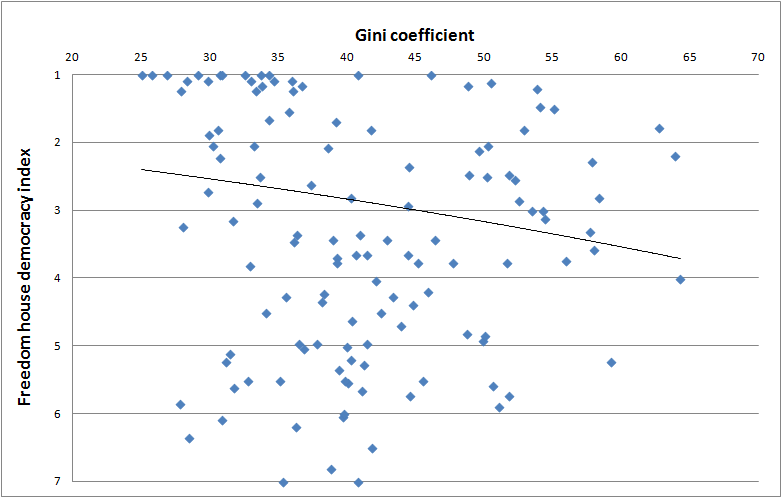Week links (4)
Another edition of the best from the rest in the blogosphere and beyond: 1. Ryan Avent, "Labour markets: A theory of troubles" , The Economist, Free Exchange blog - a great article on the productivity puzzle that has been going on for quite a while. Here are some of the key trends in the past 30 years (during the ongoing third industrial revolution) that he summarizes: "Since the early 1980s, labour markets have polarised or “hollowed out” (Employment in high- and low-skill positions has risen substantially relative to middle-skill jobs.) Polarisation is mostly attributable to elimination of “routine” tasks by trade and technology ( automation and trade are responsible for displacement of routine tasks previously done by middle-skill workers, in both manufacturing and clerical or service activities, leading to polarisation of local and national labour markets) Since the early 1980s, polarisation has occurred almost entirely during recessions (This pattern...

